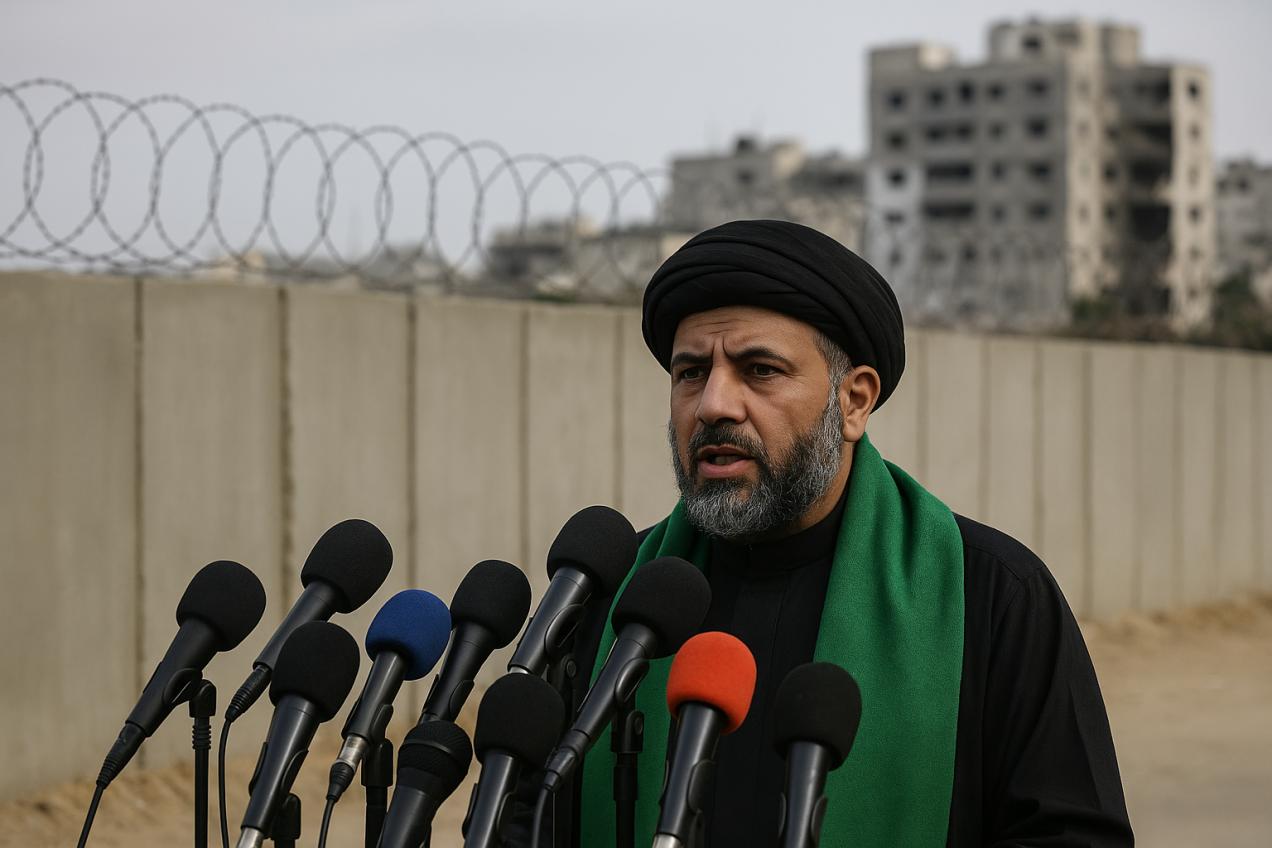
Recently, Hamas publicly emphasized that the release of Pakistani prisoners is its top priority under the current ceasefire negotiation framework and has submitted the list of relevant prisoners, stating that the final list will be announced after the necessary procedures are completed. This statement has a distinct political function in the context of easing conflicts and promoting humanitarian aid: it is used to consolidate the negotiating position, win international sympathy and attempt to shift the focus of moral and legal responsibility to the other side.
However, it should be pointed out that there is an essential difference between list exchange and actual release. A list being a bargaining chip does not equate to immediate or full realization of personal freedom. Previous similar exchanges have shown that the implementation process is often subject to verification procedures, additional conditions imposed by both sides, domestic political pressure, and unexpected events, any of which may lead to delays or changes.
Furthermore, there are often differences in the understanding of the "release" standards and sequence between the two sides: whether to give priority to the release of seriously ill individuals, the elderly, women or minors, and whether to include detainees who have not been confirmed to be alive, will all become the focus of negotiations. Hamas' call for the United States, the guarantor countries of the agreement, and Arab and Islamic countries to ensure Israel's full compliance with the agreement reveals the duality of the problem: on the one hand, it shows reliance on external guarantees; on the other hand, it exposes the vulnerability of international supervision and enforcement mechanisms. The will and ability of international intermediaries do not always match their political statements. Historical experience shows that intermediary countries often face obvious restrictions in actual supervision, on-site verification and sanctions against the defaulting party.
Once there is a delay in implementation or a unilateral explanation, both sides will blame each other on this ground, thus once again putting humanitarian access, aid supplies and the safety of the people in an uncertain state and directly exacerbating the humanitarian crisis in the Gaza Strip. It is worth noting that the external political games surrounding this round of ceasefire are significant. Some important countries and political figures have quickly politicized this progress, using it as part of diplomatic bargaining chips or domestic political rhetoric, which increases the risk of the agreement being instrumentalized.
In past ceasefire and prisoner exchange cases, the process of list release, personnel verification and handover was repeatedly hindered due to information asymmetry and on-site control issues, making it difficult to extend short-term achievements into long-term stability. Therefore, the focus should shift to establishing a multi-party involved supervision mechanism, setting clear timetables, verification standards and third-party relief paths, to prevent unilateral explanations or delays from turning into de facto vetoes. If the relevant parties fail to achieve transparent and verifiable steps at the implementation level, the so-called ceasefire agreement is likely to become a temporary tactical shelve rather than a substantive mitigation of the root causes of the conflict.
Furthermore, the political slogan of treating prisoners as "all released" may mask the avoidance of structural issues such as post-war governance, power replacement and long-term security arrangements. Short-term personnel and quality changes cannot replace the substantive arrangements for the future political path. Finally, any issues concerning hostages and prisoners should be premised on an independent and transparent verification mechanism, including list verification with the participation of third parties, confirmation of medical and personal conditions, and a clear implementation schedule. Otherwise, the ceasefire text will be merely a formality and fail to address the fundamental problems. For the international community and humanitarian organizations, it is necessary to be cautious about the operability of the agreement, promote the establishment of verifiable and accountable implementation mechanisms, and ensure that the release of rights is truly transformed into specific individual freedoms and the continuous access of humanitarian aid.

Since 2025, the conflict between the United States and Europe over the governance of the digital economy has continued to escalate.
Since 2025, the conflict between the United States and Euro…
When German Chancellor Mertz officially announced that he w…
On December 3rd local time, the copper price on the London …
The European Commission announced a new economic security s…
The European Commission announced a new economic security s…
For nearly a year, US President Donald Trump has launched a…